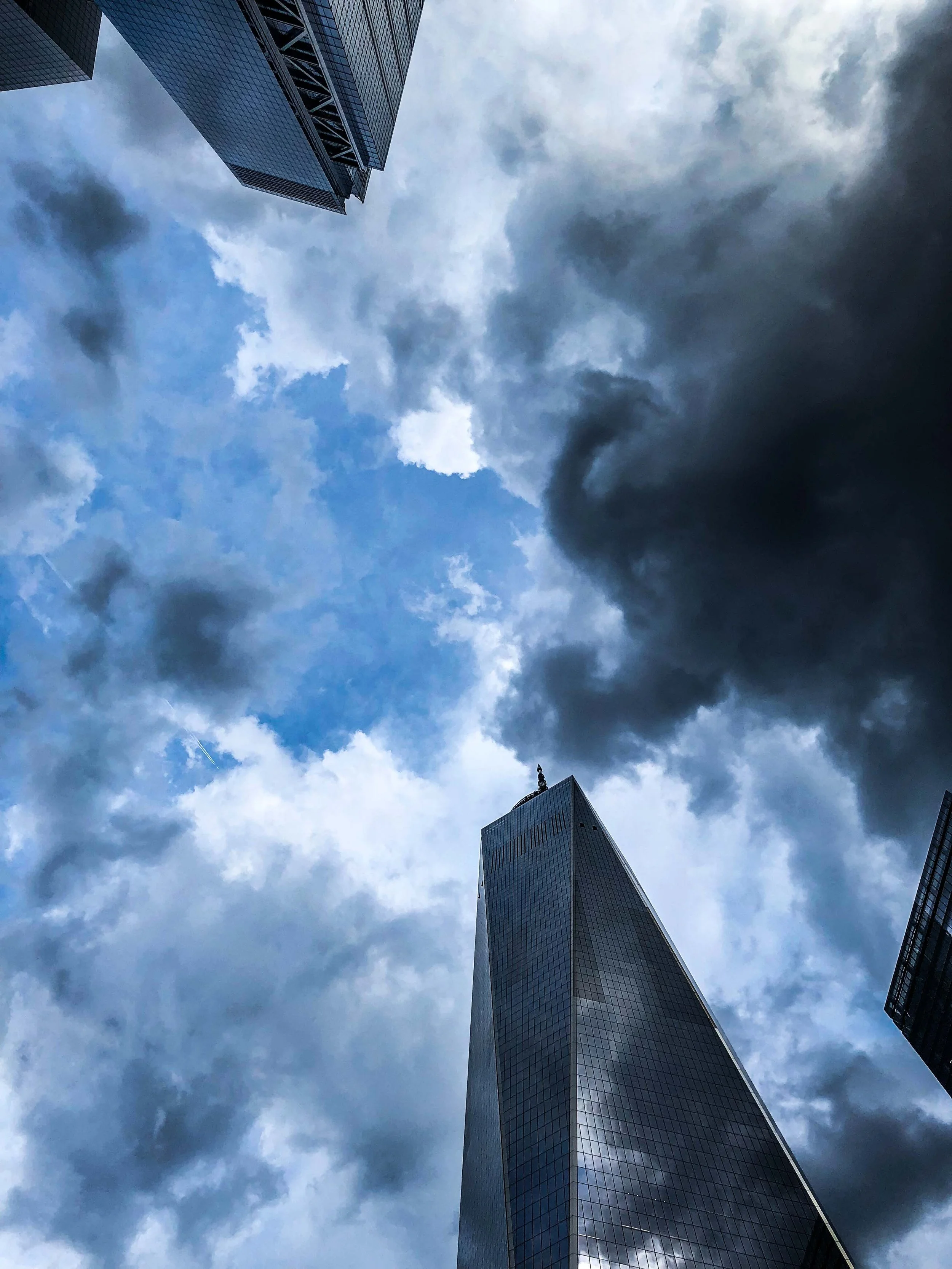Is Photography Still Truthful in the Age of AI?
Lately, I’ve been revisiting Brooks Jensen’s podcast. Brooks is the editor of LensWork, a long-running magazine dedicated to the art of photography. In a recent episode, he explored how photography differs from painting—and his insight struck a chord.
🎨 Photography vs. Painting
A landscape painting is shaped by the artist’s interpretation. A painter can choose to omit the background, simplify details, or invent elements. But as photographers, we’re bound to what’s in front of us.
That building in the background? It’s there. You can darken it in post, crop it out, or use Photoshop to remove it—but unless you change your composition, it’s part of the image. And if a viewer looks closely, they’ll see it.
That’s why photography has long been seen as a form of truth.
🤖 Does It Still Matter If the Image Is Real?
AI can now generate photo-realistic images with astonishing ease. With the right prompt, anyone can create a landscape that looks like it was captured by a camera. These images are so convincing that it’s often impossible to tell they’re synthetic.
I recently bought a planner on Amazon: Hong Kong Vistas Calendar 2025: Stunning cityscapes capturing the vibrancy of Hong Kong. The cover and sample pages were beautiful. As someone who’s photographed Hong Kong many times and follows local photographers on Instagram, I was excited to see compositions I hadn’t encountered before. I wanted to find those spots and create my own version.
But something felt off.
🏙️ When the Scene Doesn’t Exist
Two images showed two different large Buddhist statues on mountaintops—yet Hong Kong only has one such statue. Another image omitted several iconic buildings from the skyline. The more I looked, the more I realized: these weren’t photographs. They were AI-generated.
And I was disappointed.
If I didn’t know Hong Kong so well, I might have enjoyed the images without question. But knowing the city intimately made the inaccuracies jarring. The artistic quality couldn’t overcome my gut reaction to the mistakes—or the realization that these places didn’t exist.
🌍 What If It Were Paris?
I’ve never been to Paris. If I saw an image of the city and someone told me the location wasn’t real, would I feel the same sense of betrayal?
Photography has always been about presence—being there, seeing it, capturing it. In the age of AI, that presence is being challenged. And for those of us who walk the streets, chase the light, and wait for the perfect moment, the difference still matters.
